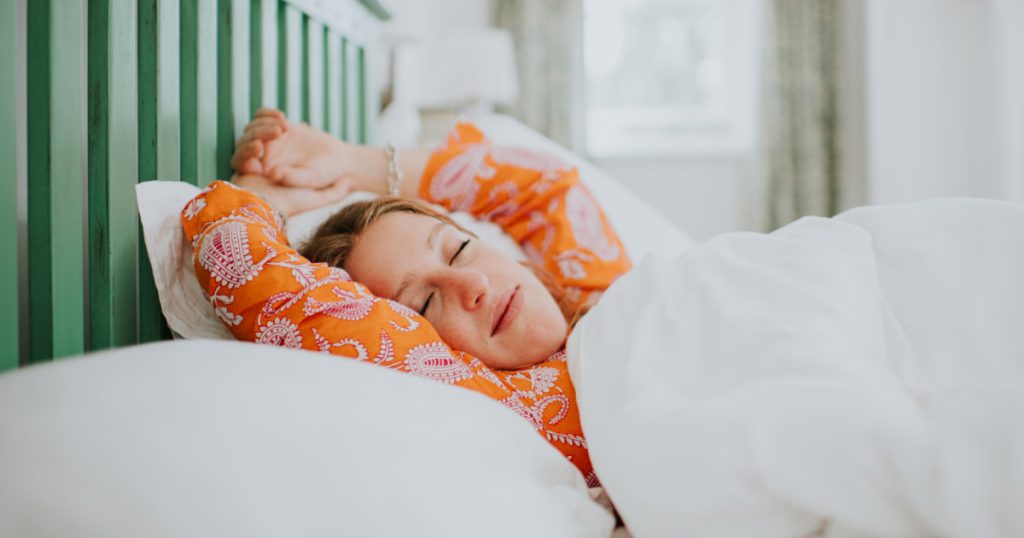As the seasons change from summer to fall, it can affect your sleep habits, making it more difficult to wake up feeling refreshed in the mornings. Sleep specialist and clinical psychologist Michael Breus, Ph.D., explained that the transition to cooler temperatures and less light can impact your sleep quality. However, there are ways to combat this and improve your sleep hygiene routine to ensure a better night’s rest and more energy when you wake up.
Breus introduced the 3-2-1 rule for sleep, which consists of three guidelines to follow before bed. Three hours before you go to sleep, stop drinking alcohol. Two hours before bedtime, stop eating food. And one hour before you sleep, stop drinking fluids. Following these simple rules can help regulate your sleep patterns and improve the quality of your rest at night.
In addition to the 3-2-1 rule, Breus also suggests avoiding exposure to blue light before bed. This means turning off screens like the TV or phone at least an hour before you plan to sleep. Instead of relying on background noise from electronics, he recommends closing your eyes and letting the darkness aid in your relaxation and eventual sleep.
Breus also emphasizes the importance of maintaining a cooler temperature in your bedroom to enhance sleep. As the weather cools down, opening a window can help you drift off faster. It’s essential to find the optimal temperature that allows you to fall asleep and stay asleep comfortably. Research shows that extreme heat or cold can disrupt sleep patterns, so finding the right balance is crucial for a good night’s rest.
Exercising right before bed can elevate your core body temperature, making it harder for your body to cool down and fall asleep. Breus recommends avoiding exercise within four hours of bedtime to allow your body to regulate its temperature naturally. Instead, engage in physical activity earlier in the day to promote better sleep quality and overall health.
If you find yourself struggling to fall back asleep during the night, Breus suggests trying the 4-7-8 breathing technique. This method involves inhaling for four seconds, holding your breath for seven seconds, and exhaling for eight seconds. By slowing down your heart rate and relaxing your body, this technique can help you return to a restful state and ease back into sleep.
To establish a consistent sleep routine, Breus stresses the importance of waking up at the same time every day, including weekends. By maintaining a regular wake-up time, your body’s melatonin production can occur at the right times each night, improving your overall sleep schedule. Additionally, getting 15 minutes of sunshine in the morning can help regulate melatonin release, boost vitamin D levels, and signal to your body that it’s time to wake up and start the day.


